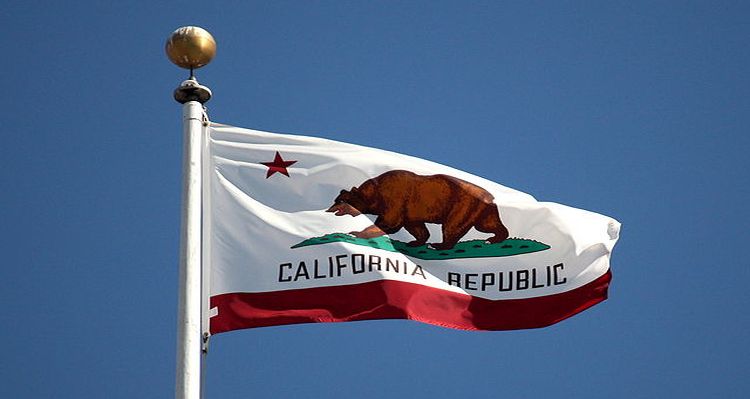After over a decade of attempts, California is making yet another effort to pass online poker legislation that will bring legal and regulated ipoker to the Golden State. On Friday, Assemblyman Reginald Jones-Sawyer introduced the Internet Poker Consumer Protection Act, aka AB 1677.
The bill would “establish a framework to authorize intrastate Internet poker …” and “authorize eligible entities to apply for a 7-year license to operate an authorized poker Web site offering the play of authorized Internet poker games to registered players within California.”
Similar to other bills introduced in the past ten years relating to online poker in California, AB 1677 will only allow state card rooms and tribal gaming operators to apply for a license to offer online poker to residents of the state. A $12.5 million fee will be charged to successful applicants, while the license will cover seven years of operations. The upfront fee will be credited against future tax fees.
Online poker operators will pay taxation according to the revenue they generate over the period of a year from their ipoker platforms. Should these operators earn less than $150 million, they will charged a fee of 8.8%, while those who earn between $150 million and $250 million, will need to pay a higher rate of 10% tax. Annual revenue of between $250 million and $350 million earns the state 12.5% in tax, and any operator that earns over $350 million will be required to pay 15% tax.
The controversial ‘bribe’ to California’s horse racing industry, introduced in predecessors of AB 1677, has been carried through to the current bill. Essentially, the clause states that 95% of the first $60 million earned by the government from online poker revenue will be diverted to the horse racing industry. In return, the industry will not demand to be allowed to apply for online poker licenses.
Opponents to the bill point out that there is a very small chance that California will even make more than $60 million from online poker per year, and therefore there is no logical reason to push for AB 1677.
A thorn in the side of any previous attempts to pass online poker legislation has been the question of ‘bad actors’ (those gaming sites that served Californian residents after the introduction of the Unlawful Internet Gambling Enforcement Act of 2006). This all boils down to the issue of whether or not to allow the PokerStars brand to operate in a legalized Californian market. AB 1677 has gracefully stepped away from answering this question by leaving it up to state gaming regulators to decide what constitutes a bad actor.
In the past, bills have died over the bad actor clause. Some parties, mainly certain tribes, argue that PokerStars does not deserve to be part of a regulated industry, while others, such as some California card room operators, believe that its past actions remain in the past, and a new era for the company began following its acquisition by Amaya Inc. in 2014.



